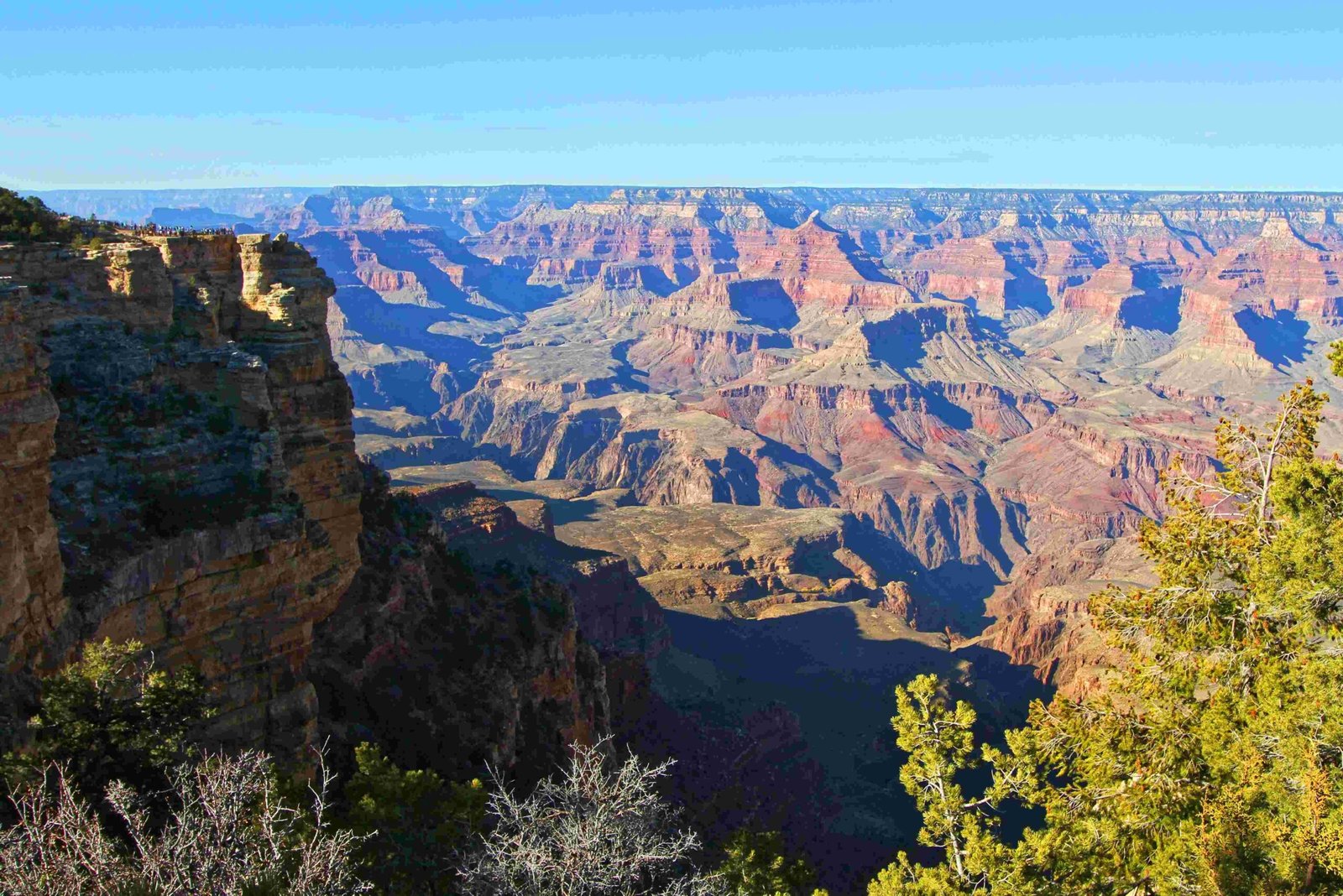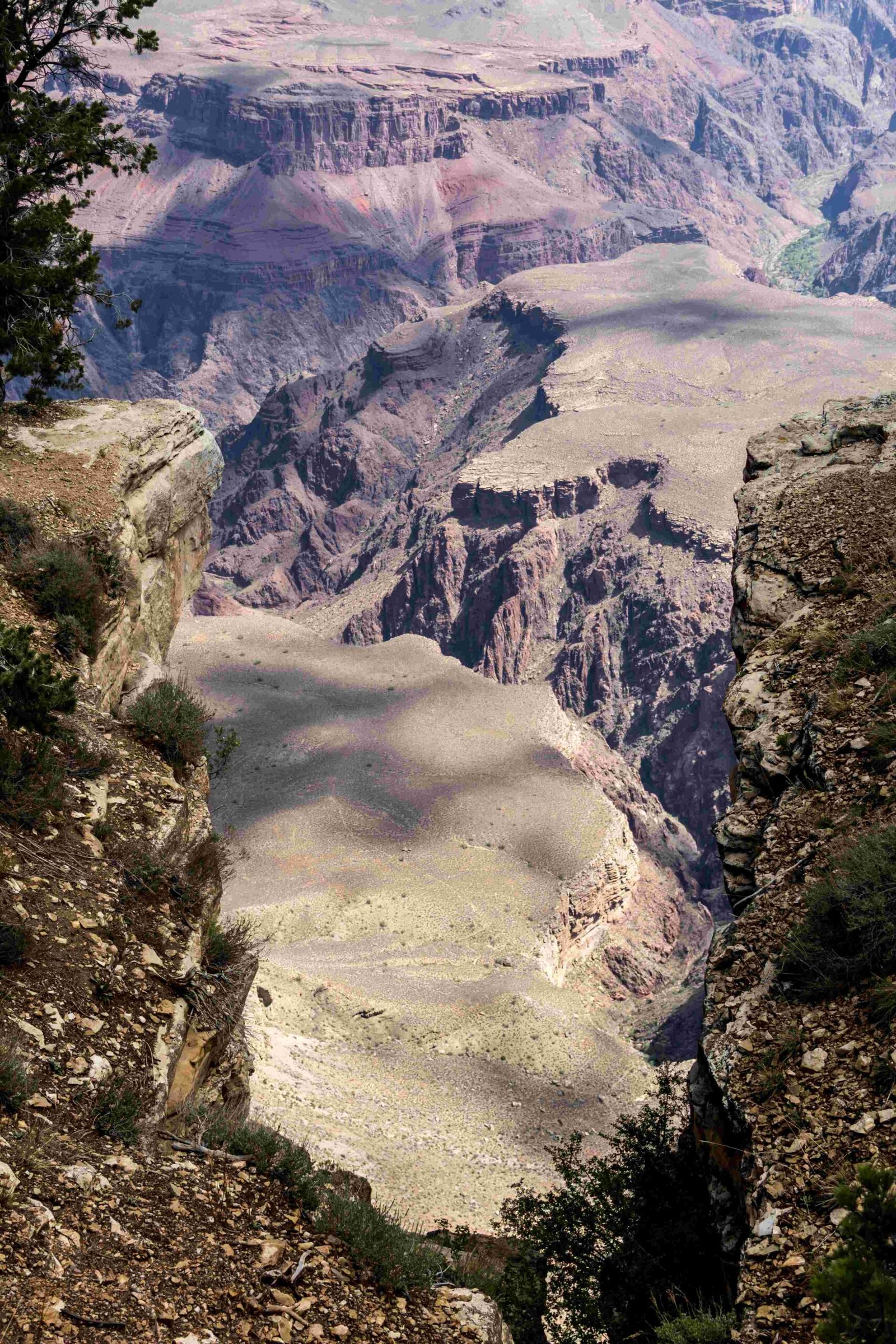Hiking the Grand Canyon during pregnancy requires careful planning, medical consultation, and strategic trail selection. Pregnant women can safely explore this natural wonder by understanding terrain challenges, physical limitations, and implementing comprehensive safety protocols. This guide provides expert insights into navigating the canyon’s unique landscape while prioritizing maternal and fetal health.
What Are the Safest Trails for Pregnant Hikers?

Pregnancy doesn’t mean abandoning outdoor adventures, but it demands strategic trail selection. The Grand Canyon offers several pregnancy-friendly routes:
Rim Trails: Low-Risk Exploration
- Length: Approximately 13 miles
- Difficulty: Easy
- Elevation Gain: Minimal
- Recommended Segments: Short, flat sections with minimal incline
Moderate Trail Options
- Bright Angel Trail to Three-Mile Resthouse
- Round trip distance: 6 miles
- Elevation gain: ~1,000 feet
- Caution: Avoid descending to canyon bottom
What Gear Should Pregnant Hikers Bring?

| Essential Gear | Specific Recommendations |
|---|---|
| Footwear | Merrell/Keen hiking shoes with arch support |
| Clothing | Breathable, loose-fitting maternity activewear |
| Hydration | Comfortable hydration pack with even weight distribution |
| Protection | Wide-brimmed hat, UV sunglasses, high-SPF sunscreen |
How Can Pregnant Women Prepare for Grand Canyon Hiking?
Physical Preparation
- Consult healthcare provider before hiking
- Maintain moderate fitness level
- Practice gentle prenatal exercises
- Build hiking endurance gradually
Medical Considerations
- First trimester: Most flexible for light hiking
- Second trimester: Ideal for controlled outdoor activities
- Third trimester: Extremely limited hiking opportunities
When Is the Best Time to Hike?
Optimal hiking seasons for pregnant women:
– Spring: March to May
– Temperature range: 60-70°F
– Mild weather conditions
– Fall: September to November
– Comfortable temperatures
– Less crowded trails
What Safety Precautions Are Critical?
Hydration and Nutrition
- Drink 8-10 glasses of water daily
- Carry electrolyte supplements
- Pack nutrient-dense snacks
- Take frequent rest breaks
Physical Monitoring
Warning Signs to Stop Hiking:
– Dizziness
– Extreme fatigue
– Shortness of breath
– Abdominal discomfort
– Contractions
What Are Potential Risks?
Environmental Challenges
- Extreme temperature variations
- High altitude effects
- Uneven terrain
- Potential dehydration risks
Physiological Changes
- Increased joint flexibility
- Reduced balance
- Higher cardiovascular strain
- Potential overheating
Expert Recommendations
- Always obtain medical clearance
- Choose shorter, less challenging trails
- Hike with experienced companion
- Carry emergency communication device
- Listen to your body’s signals
Final Insights
Hiking the Grand Canyon while pregnant is possible with meticulous planning, proper preparation, and cautious execution. Prioritize safety, remain flexible, and enjoy nature’s magnificent landscape responsibly.
Pro Tip: Consider guided tours specifically designed for pregnant women for added safety and support.

